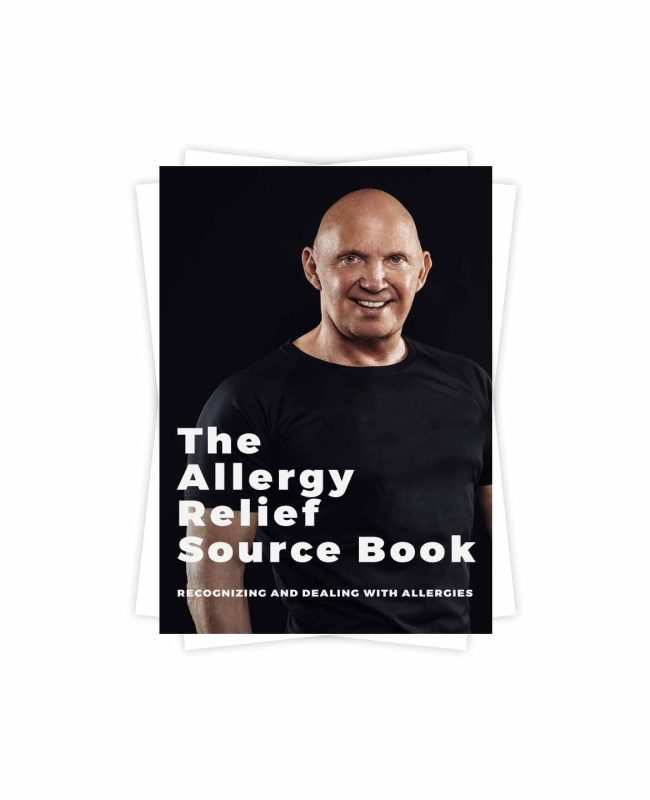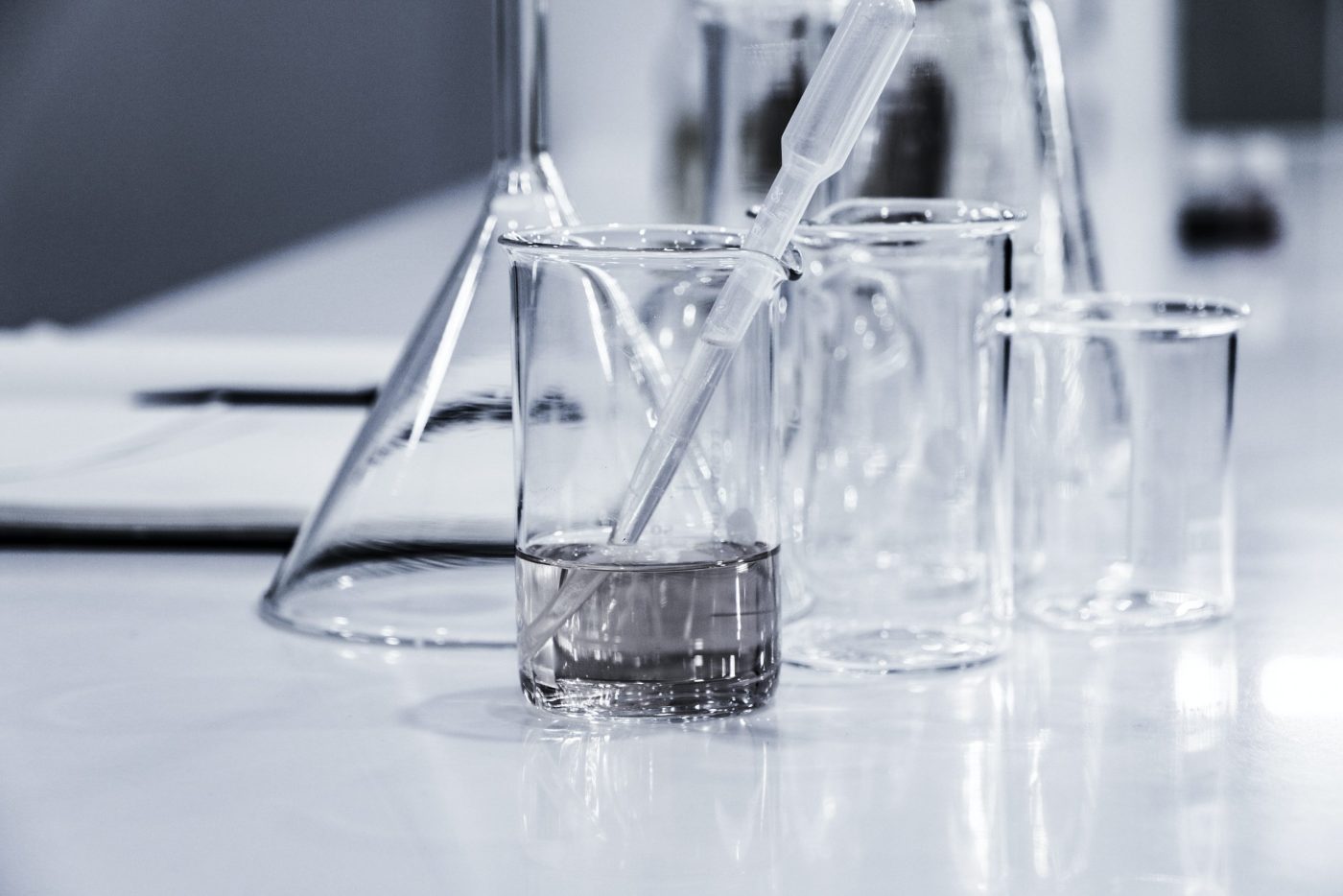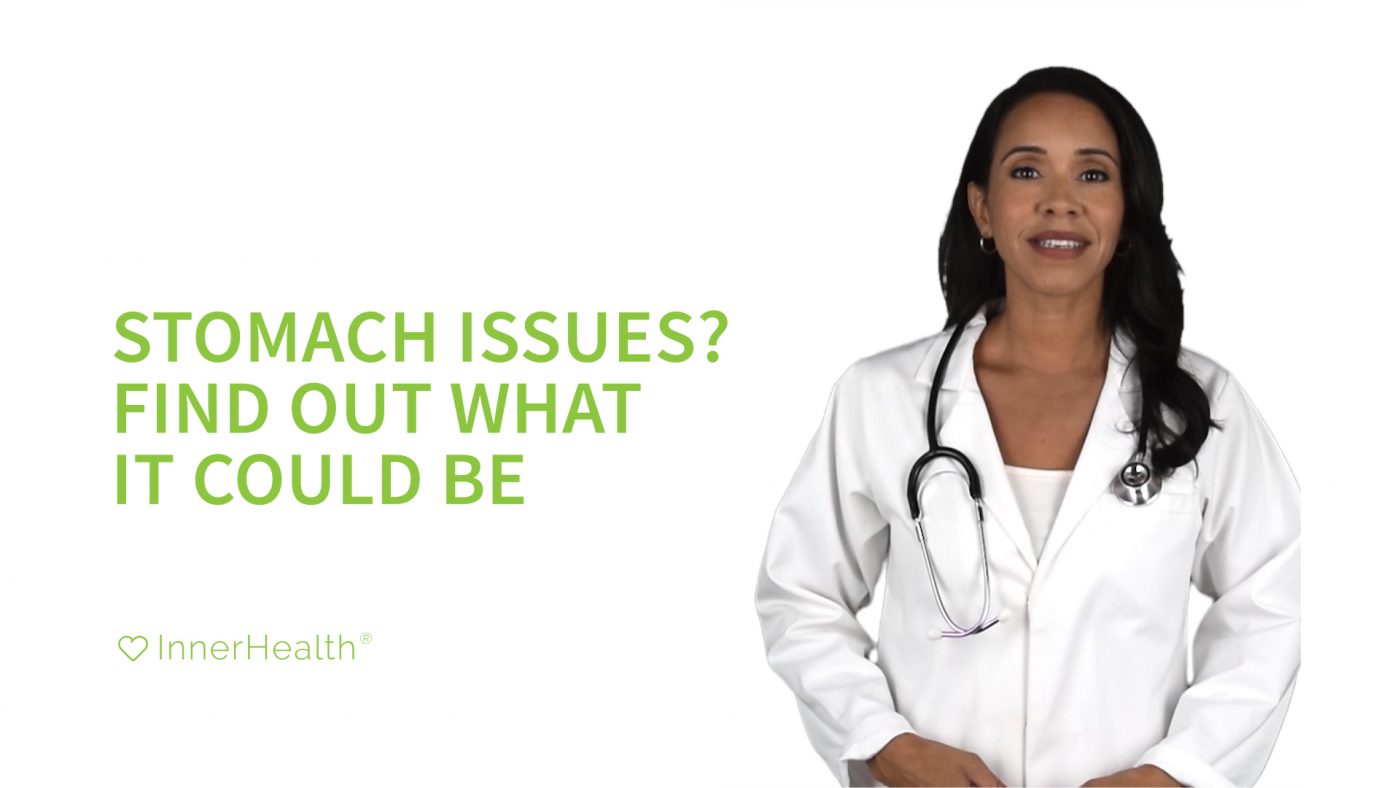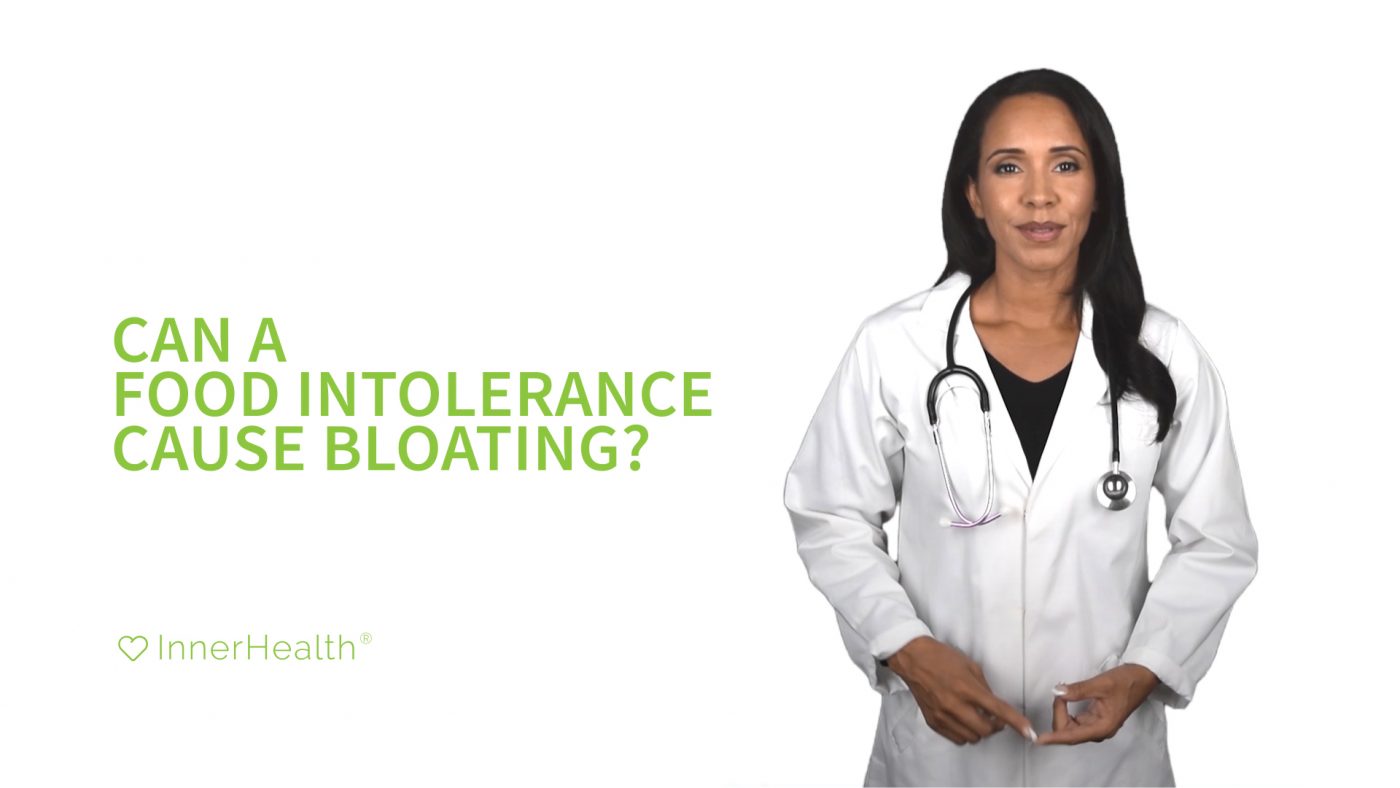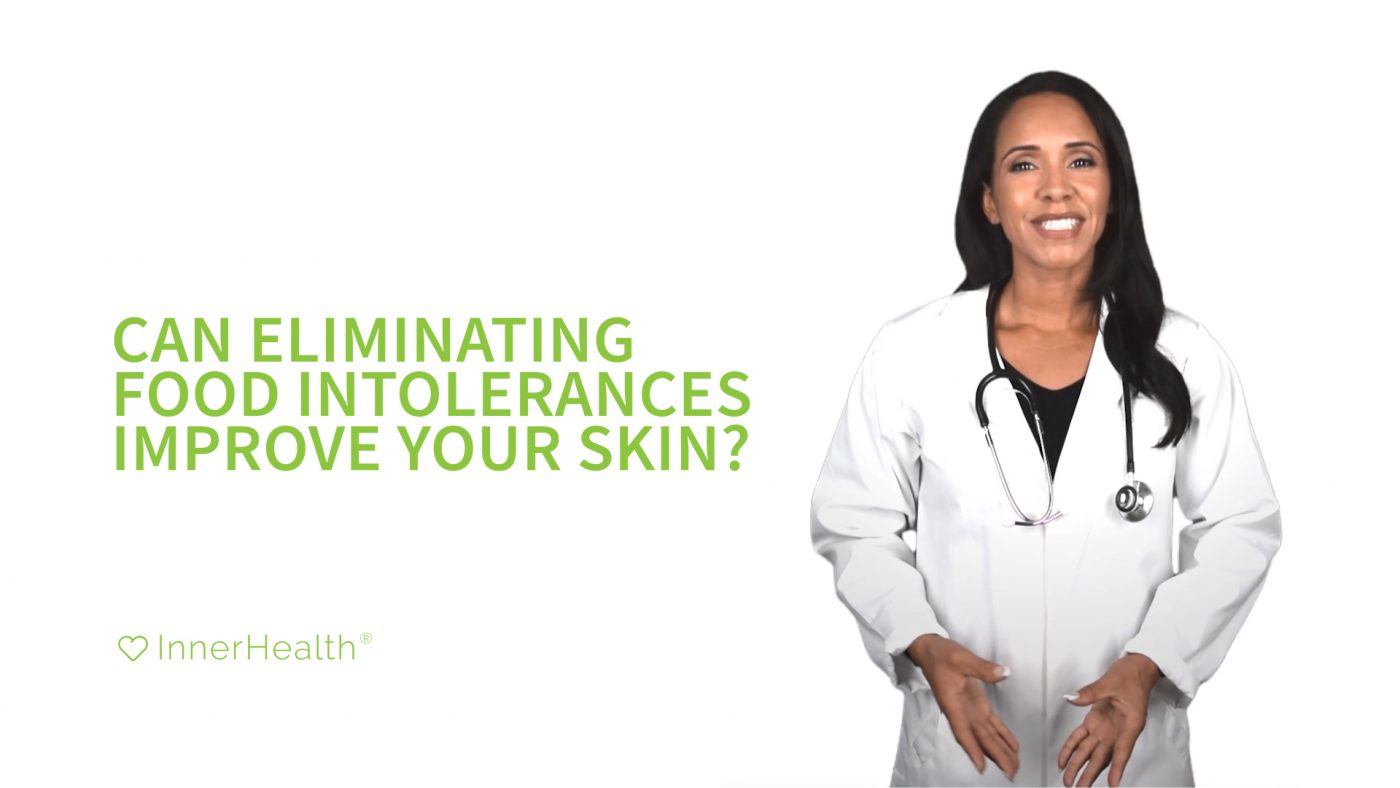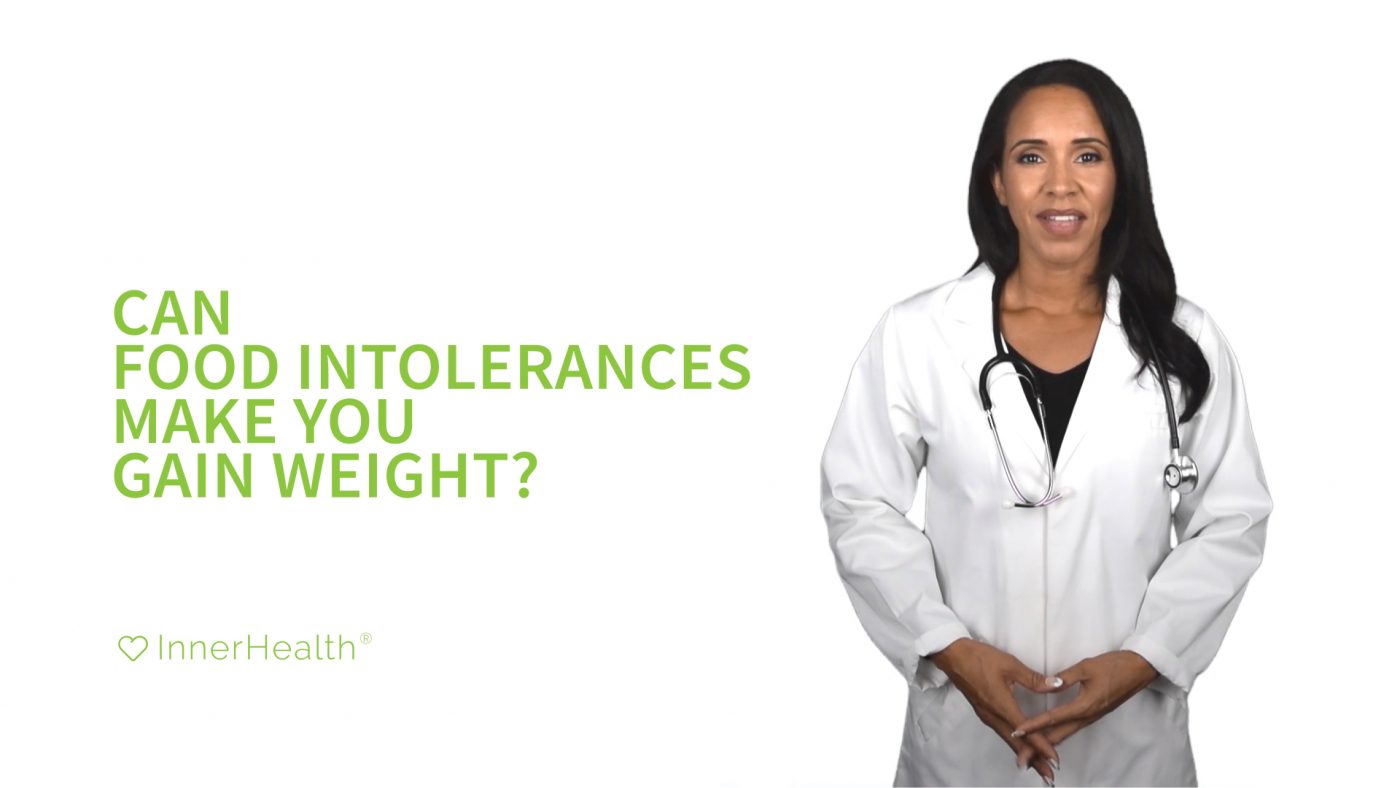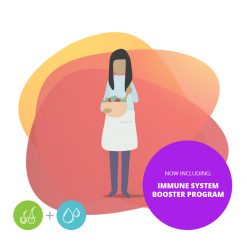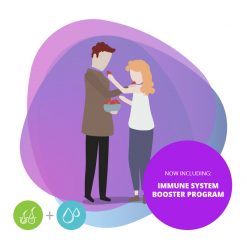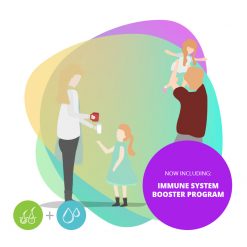Immune System
How do you get infected and how can you protect yourself? The main questions about coronavirus answered
The coronavirus is increasingly widespread and measures to contain the virus are being tightened throughout the country. How do you catch the virus? How do you protect yourself? What are the symptoms and how dangerous is Covid-19? An overview of frequently asked questions about the spread of and protection against the coronavirus.
How do you get infected with the coronavirus?
The virus is believed to be transmitted through tiny droplets that are released into the air when an infected person coughs or sneezes. Those drops can fly up to one meter. This way they can end up on another person and infect them. But they can also fall on a surface; if someone comes into contact with this and then touches his or her face, that person can also contract the virus.
American researchers at the National Institute of Health looked at how long the coronavirus could remain infectious on a variety of materials. The virus most quickly disappears on copper surfaces and in the air. Only a few hours were enough. Important: This does not mean that the virus is actually present in the air for several hours. In the experiment, the researchers deliberately kept the virus particles in the air.
The virus can survive for up to three days on plastic and stainless steel.
On cardboard, the virus can survive for about a day. But it can survive up to three days on plastic and stainless steel. So be careful with hospital instruments, poles on the bus or tram or your plastic smartphone case.
These new results are consistent with a literature study earlier this year that compared the conclusions of all studies on the survival of coronaviruses on objects. This showed that these types of viruses can survive for up to several days on surfaces made of glass, wood, paper, metal or plastic. Previous research also showed that temperature and humidity have an influence on the chances of survival of a coronavirus. The lower the temperature and humidity, the better the survival rate of the virus.
However, further research is needed to see if the virus is actually spreading through all of these surfaces and it is important to note that most scientific studies are put online as soon as possible and therefore have not always been reviewed by other scientists. It remains extremely important to wash or disinfect your hands and surfaces regularly. This can drastically decrease the number of virus particles.
Most people develop mild symptoms about 5 to 6 days after the infection.
What is the incubation period of the virus?
“It depends on the symptoms,” says virologists. “The incubation period, when you have no symptoms yet, lasts on average about 5.2 days. It can be a little shorter or a little longer. So you can walk around with the virus for almost a week without realizing it. You don’t cough or sneeze, which means that the virus stays in the throat. ”
Most individuals develop mild symptoms, such as fever and cough, about 5 to 6 days after the infection.
What are the symptoms?
At the end of February, the WHO made an evaluation based on the then 56,000 confirmed cases of contamination. Most individuals develop mild symptoms about 5 to 6 days after the infection. It is about 80 percent. In most cases, a fever is made: in 88 out of 100 people, the body temperature rises. In addition, about 68 in 100 patients suffering from a dry cough, 38 in 100 are tired and 33 in 100 have to cough up thick mucus.
Mild symptoms that are less common include muscle and sore throat, headache and chills. Between 10 and 15 out of 100 infected people suffer from this. Nausea, stuffy nose and diarrhea occur in about 4 to 5 in 100 patients. Do you have a runny nose? Then it is probably a common cold.
In just under 14 percent of patients, more severe symptoms develop, such as shortness of breath (in as many as 18 out of 100 infected people), accelerated breathing, decreasing oxygen levels in the blood, and the presence of mucus, blood, or proteins in the lungs. The other 6 percent of patients are in critical condition. Their breathing stops, they develop septic shock, their organs fail, …
It is difficult to estimate the number of people without symptoms, but the WHO suspects this is rare.
Who is most at risk?
“It is a new virus, against which no one has antibodies, so in theory, anyone could get it. But in time you will see that there are people who develop antibodies and a lot of people will get the disease without any symptoms, ” says virologists.
“The virus mainly affects the elderly and people with a weakened immune system. The group that is hardest hit by a normal winter flu is again at greatest risk, ”says virologists. “It usually concerns elderly people who already have underlying conditions.”
Those who develop antibodies to the virus will be protected for a few years, but not forever, he explains. “We know that from previous coronaviruses.”
How do you cure the virus?
The vast majority of patients heal spontaneously. Their bodies produce antibodies that gradually expel the virus from the body. How quickly you heal depends on the complaints. Those who have few symptoms or mild complaints heal faster; usually after a few days. Patients who are in worse shape and have been hospitalized take longer to recover. They can sometimes be sick for weeks.
“Compared to SARS, there is now a larger group of people who are mildly ill, which means that the virus is now spread more widely,” says virologists.
How likely are you to die from the virus?
The World Health Organization (WHO) estimates the chance of an infected person becoming seriously ill at about 20 percent and the chance of death at 2 percent. The flu is less deadly, with a death rate of 0.1 percent of patients. In principle, the immune system of healthy people must be able to handle the virus.
What can you do about it?
It is best to take the same precautions to prevent a flu infection: good hygiene – such as washing hands, more than usual, and especially after work or using public transport. Washing hands is done with soap and water, sneezing is best done in your elbow, the WHO recommends. Keep a distance of at least one meter between yourself and others and avoid physical contact when you greet each other: so do not shake hands, kiss or hug. Another advice is to touch the eyes, nose, and mouth as little as possible. In addition, the WHO also calls on companies to take measures.
“Certainly avoid contact with sick people who are infected or who suspect this,” it sounds, “but that is, of course, a logical measure.” It is best to avoid visiting family members in the hospital and contact between grandparents and their young grandchildren are currently best limited as much as possible.
You can only get your natural resistance in top shape with general healthy eating and living habits.
If you want to keep exercising, you should also take some precautions.
Will the virus disappear on its own?
“The epidemic curve followed by the coronavirus is comparable to that of the SARS virus in 2003: one of peaks and troughs,” says virologist Van Ranst. “Then at the end of March, after two months of slow increases, there was suddenly another outlier. Compared to the SARS virus, there is now a larger group of people who are mildly ill, which means that the coronavirus is now more widely spread. ” There is a good chance that the virus will occur less or no longer in the summer, but that is by no means certain. “I am afraid that by then we will already be overtaken by the facts,” says Van Ranst. “So it could be that by then there are so many infections that it doesn’t matter anymore whether it gets warmer or not (normally the coronavirus spreads faster when it is colder, ed.) Or – conversely – that the number of infections is already so strong has dropped that it doesn’t matter anymore. ” The WHO also warns against ‘false hope’ that the virus would disappear by the summer.
Will there be a vaccine?
Covid-19 is a virus and there are no medicines for it. Virus-like HIV is treated with virus inhibitors or antivirals. There is no such medication today specifically for the new coronavirus, although efforts are underway.
According to the World Health Organization, it will take 18 months for a vaccine to hit the market. That may seem long, but it is not. Normally, providing a vaccine takes ten years. This is because a vaccine must not only be made but also tested on animals and people. Only then can authorities, be asked to approve the vaccine.
Empower yourself and take control, it makes all the difference
With your results, you also receive expert guides to help get you back to feeling healthy again.
Please note: postal charges & terms and conditions apply.
Questions or concerns?
We are here to help you with any of your questions or concerns, we have a dedicated Frequently Asked Questions page that covers typical questions we have got or contact us and we will get back at you as soon as possible.

Narissa
Head Nutritionist / Customer Service
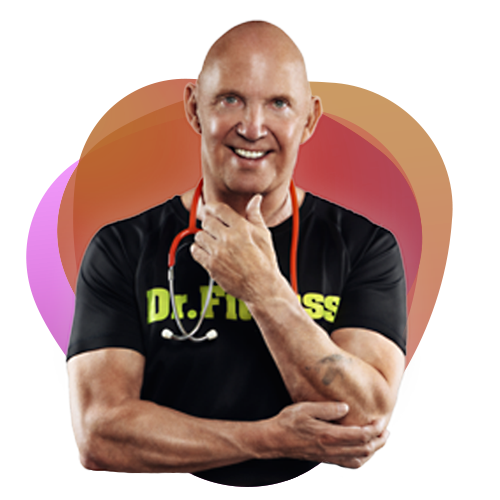
Adriaan
75 years young
— Fitness Expert & Senior Nutritionist
— Founder of The Food Sensitivity Testing Group

Eve
Each Report is reviewed by our physician Eve
Highly Acclaimed Documentation Included For Free
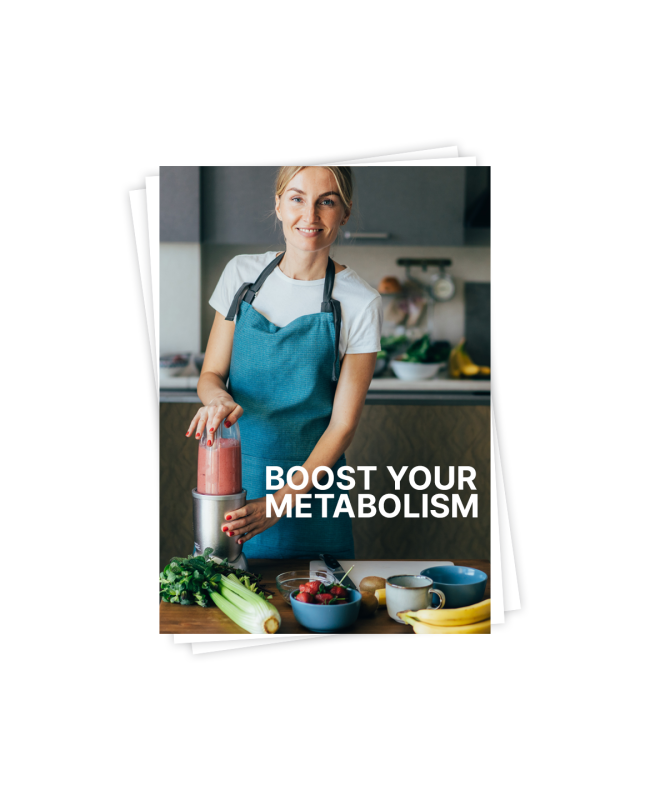
Boost Your Metabolism
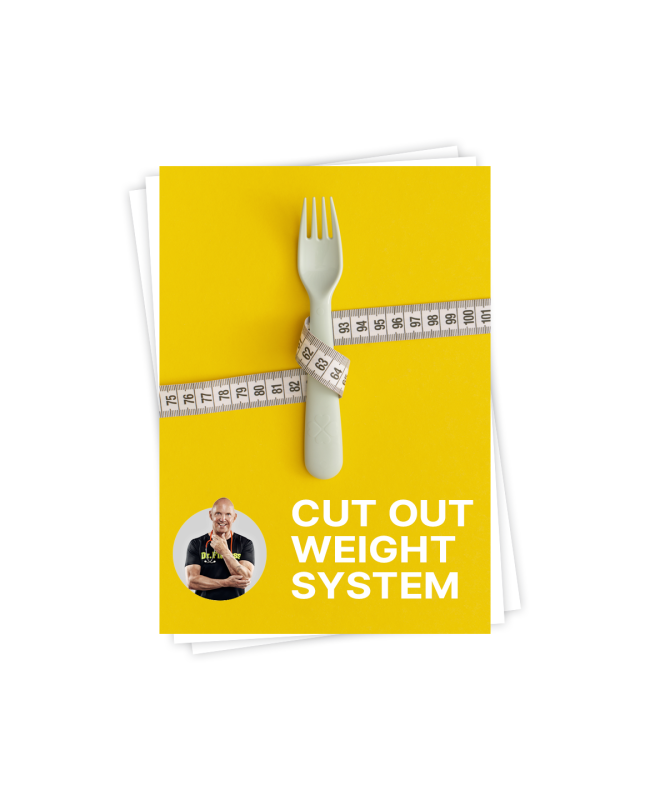
Cut Out Weight System
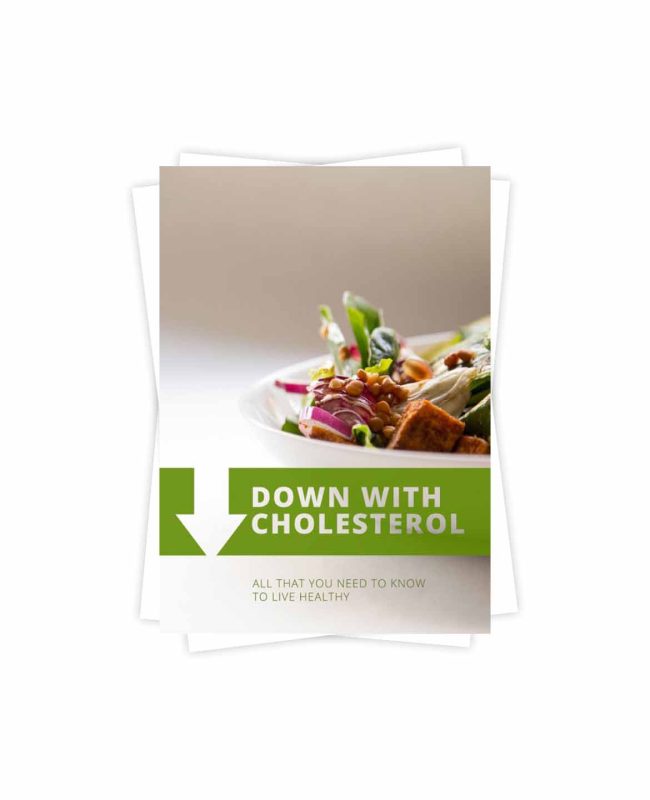
Down With Cholesterol

Healthy Christmas Cooking Pleasure
